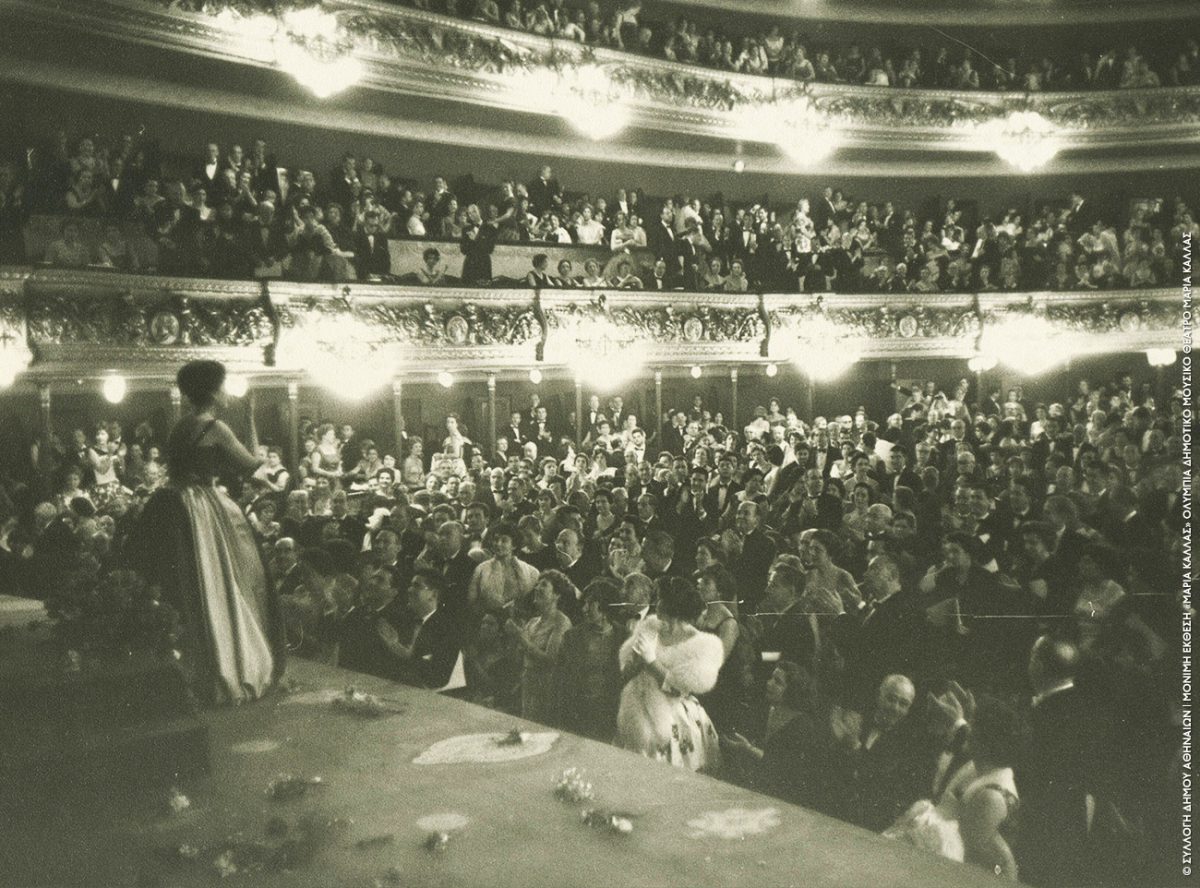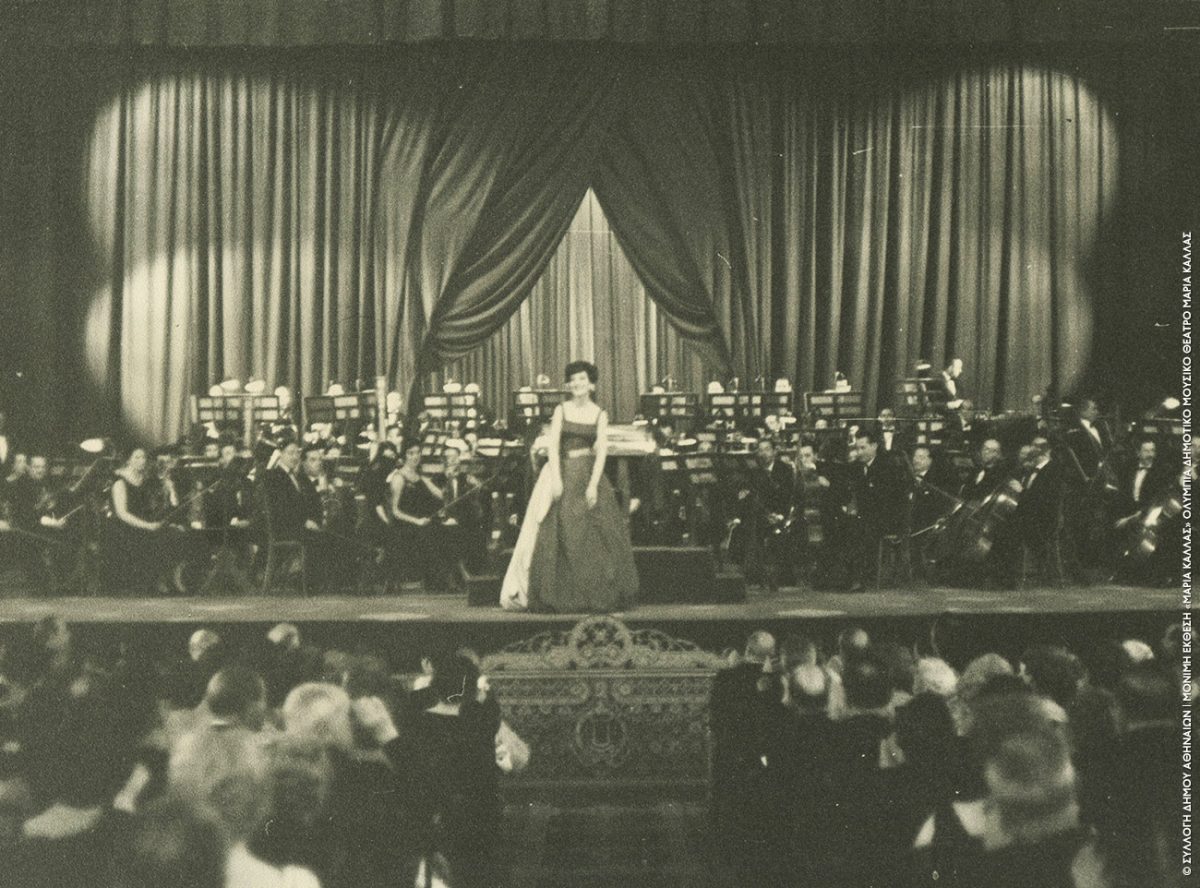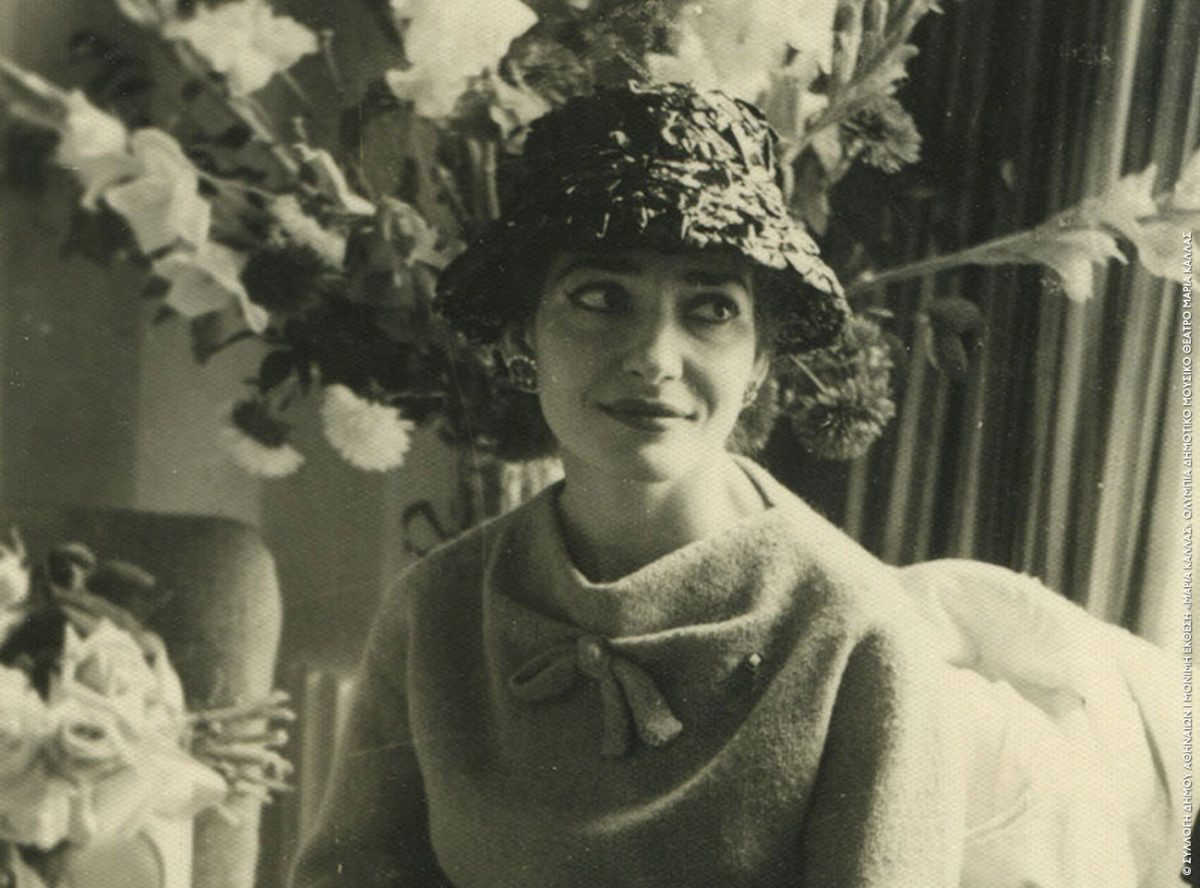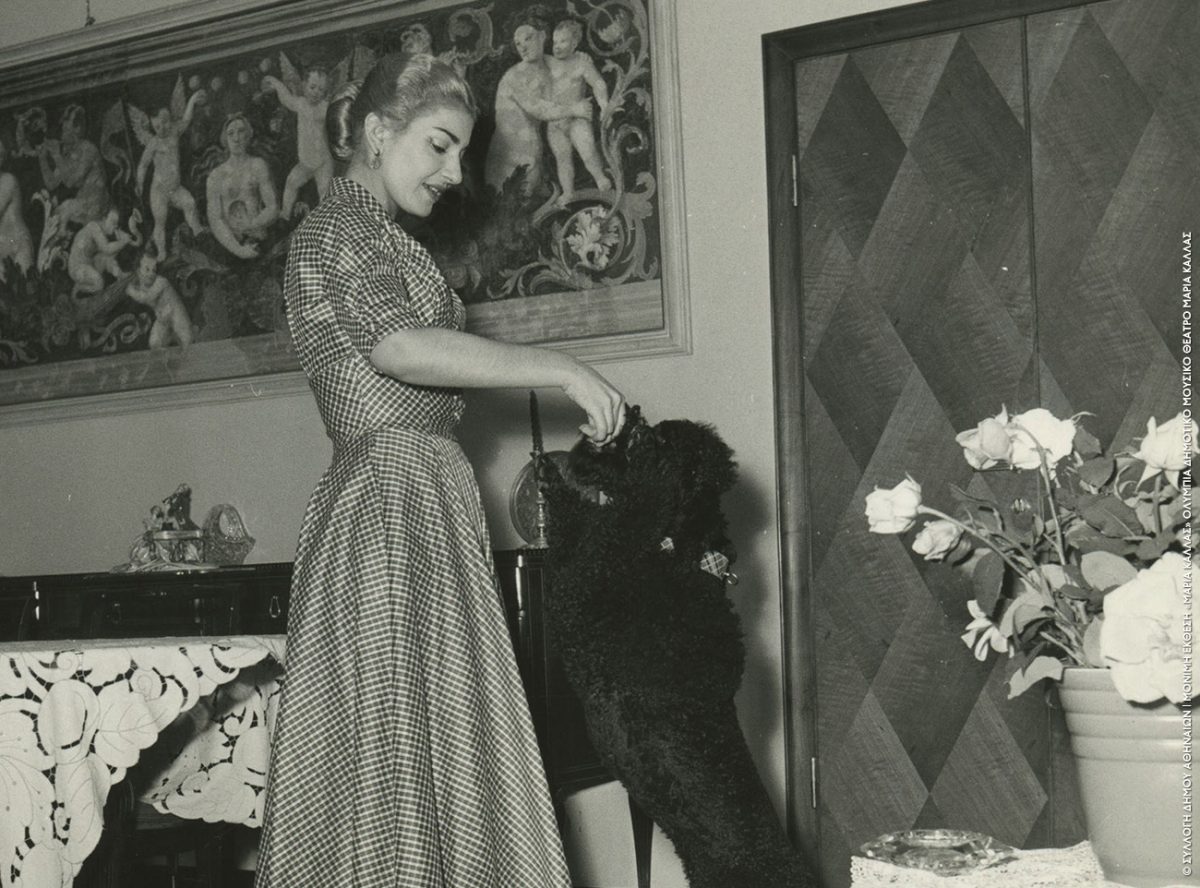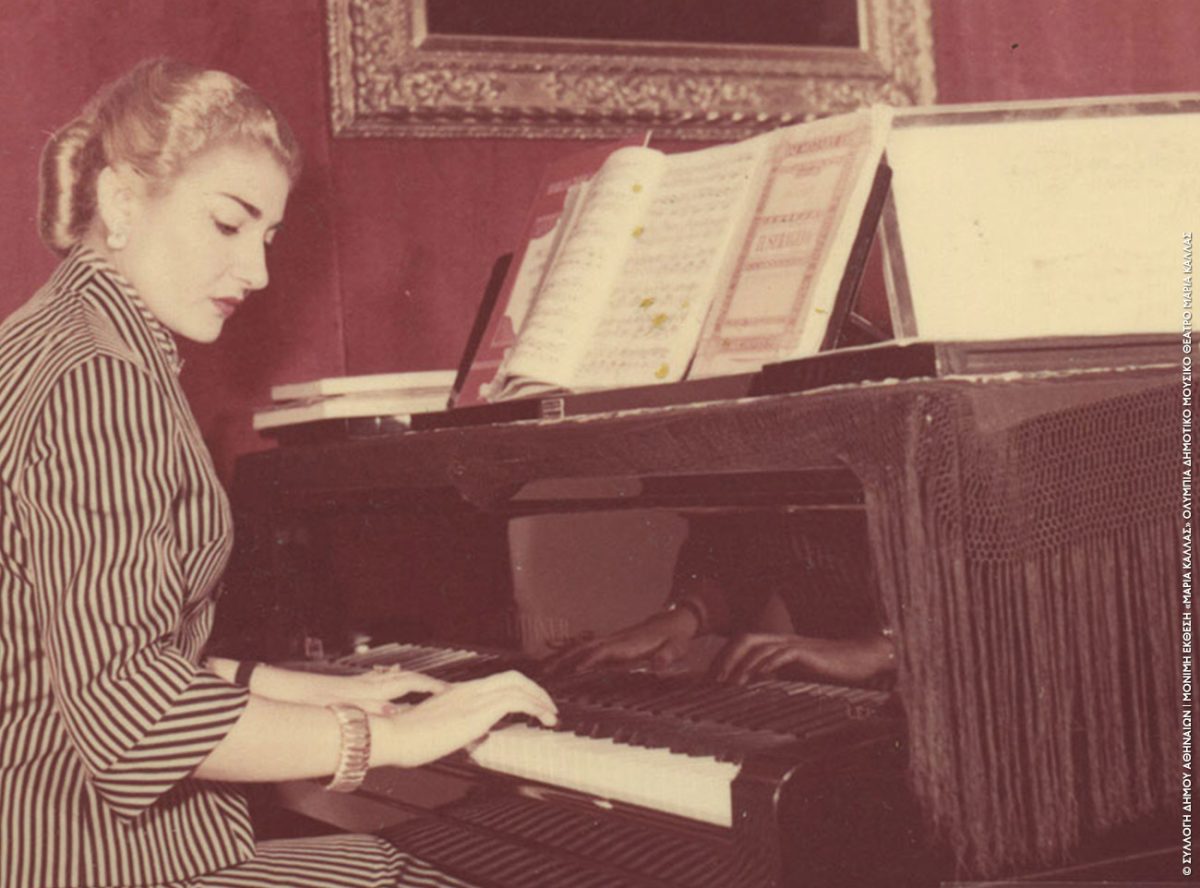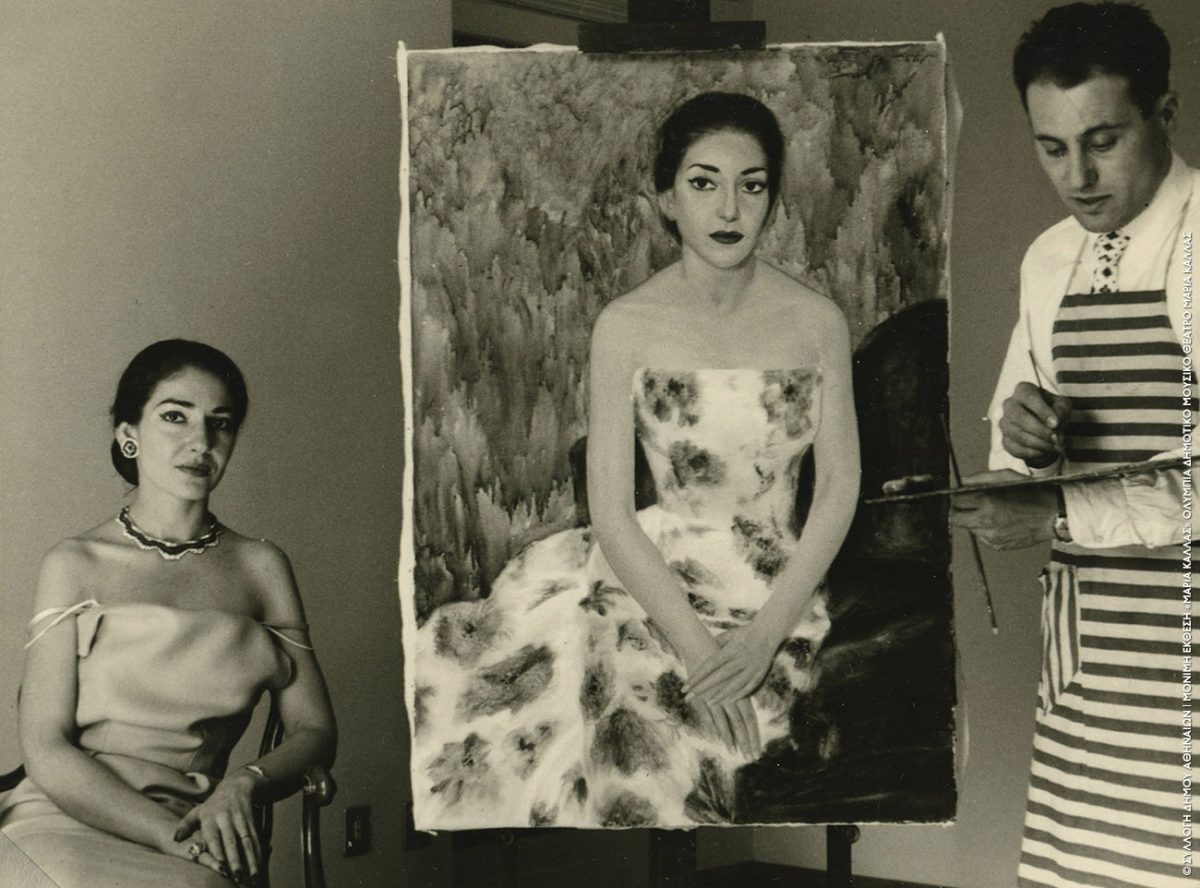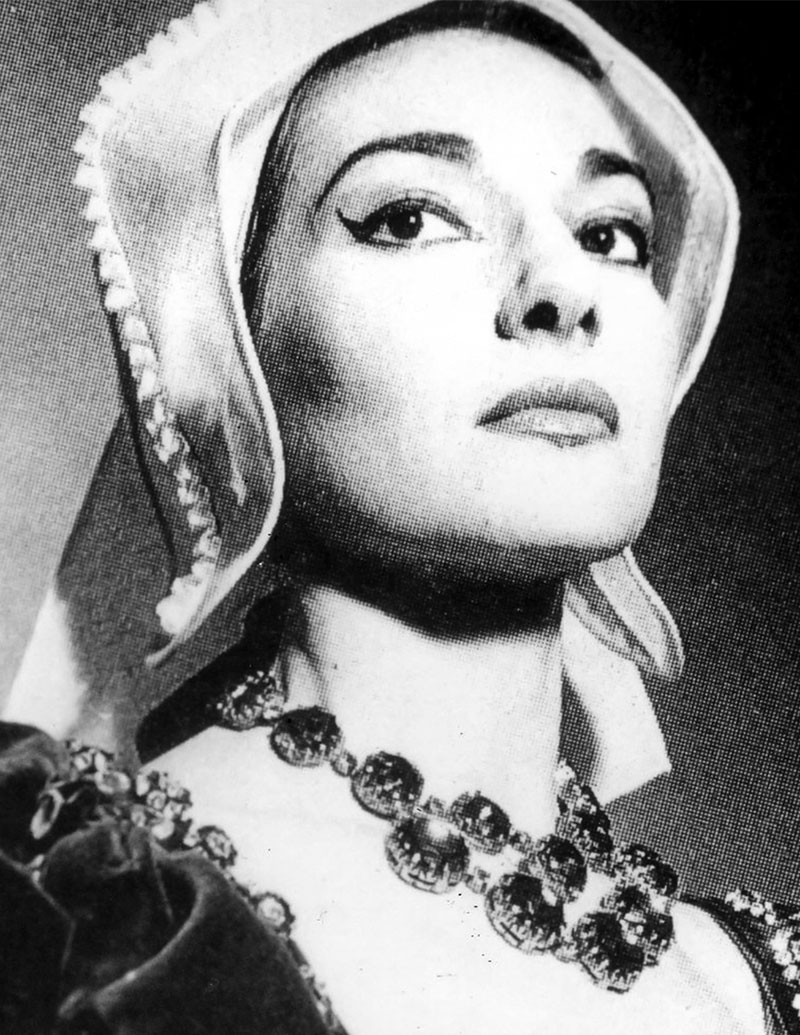
Maria Callas has not stopped enchanting us after her death, not only because she was unquestionably the greatest Diva of opera in the 20th Century but also because both her life and death were full of Machiavellian scandals and mysteries. The second daughter of a couple of Greek immigrants, Maria was raised by an extremely ambitious mother who took her away from her home, New York City, and her beloved father and brought her to Greece right before World War II. Since then, we are aware of the difficulties, love affairs, and triumphs that Maria Callas faced in her professional and personal life. We know of the men who left their mark on the prima donna assoluta forever -Luchino Visconti, the ingenious homosexual director she extremely loved, Giovanni Batista Meneghini, her thirty years older husband who used her as an instrument to satisfy his own ambitions, and Aristotle Onassis who ended their historical romance rejecting her for John Kennedy’s widow, Jackie. Throughout her whole life, Callas gave a permanent battle with her weight -which she finally won, transforming herself to the glamorous diva who changed opera forever, to ‘La Divina’ whose recordings remain legendary, and whose life is tabloid material even today. Callas suffered from myopia that left her almost blind when she was on stage, yet she reached her target to become known as the ‘absolute prima donna’ of the whole world both for her compelling music skills and for her moving dramatic talent. Norma and Tosca will remain in history having been marked forever by the amazing performance of the absolute diva of opera. Callas was ‘’the Bible of opera’’ for Leonard Bernstein and ‘’the definition of the diva as an artist’’ for Opera Information. For the rest of the world, she was the greatest artist of all times. She passed her last years isolated in Paris, where she died in her flat at 36 Avenue Georges Mandel.
On the 2nd of December of 1923 she was born in Manhattan, New York City as Anna Maria Sophia Cecilia Kalogeropoulos.
On August 24, 1960, she performs Norma for the first time in Epidaurus, and during her performance of Casta Diva two white pigeons are released, causing enthusiasm to the audience.
On August 6, 1961, she returns to Epidaurus in the opera Medee by Cherubini, and she receives the warmest applause of 17,000 viewers.
In 1975, the death of Aristotle Onassis on March 15, as well as the murder of Pier Paolo Pasolini on November 2 emotionally strike the already depressed Callas, who is isolated in her flat in Paris. Her only company are her housekeeper and close friend Bruna Lupoli and her butler Feruccio Mezzadri.
On September 16, 1977, Maria Callas dies at the age of 53, after a heart attack that strikes her in Paris, and her last will is that her body gets cremated and her ashes are spread at the Aegean Sea.
I consider and call my first career the one in Athens, during the war. That’s what gave me my experience, I’m sure, because that’s where I trained, that’s where I gained my stage experiences, that’s where I had my ups and downs.

